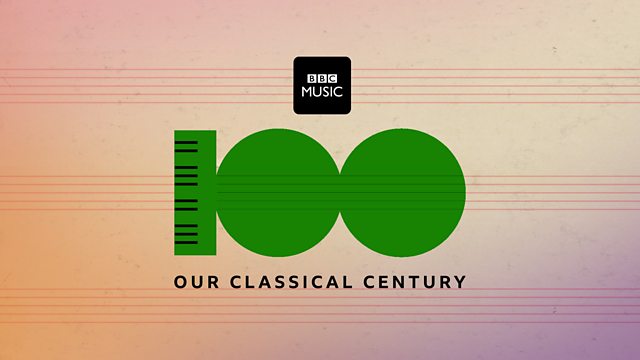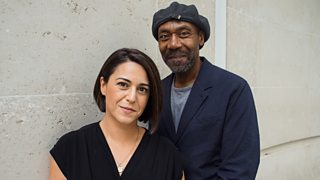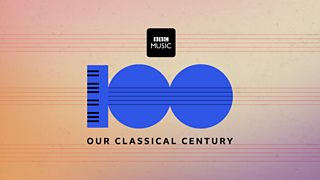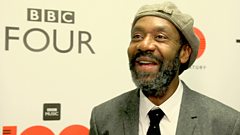
Michael Tippett: Ritual Dances from The Midsummer Marriage
The post-war opera that baffled many within its original cast - and the audience, too.
On 27 January, 1955, London was in the grip of a thick pea-souper fog - but the great and the good were still making their way to the Opera House at Covent Garden for the premiere of a long awaited new stage work by Michael Tippett.
Tippett had been working on the piece, off and on, for 15 years: a mystical psycho-drama in which a young couple cannot get married until theyβre able to recognise the light and the shadows of their own and each otherβs deepest psyches. The theme preoccupied Tippett; heβd already explored it in his wartime oratorio A Child of Our Time, and he was convinced that a failure to acknowledge the shadows had been the cause for the war itself.
The Midsummer Marriage is a swirling amalgam of Jungian psychoanalysis, earth energies and mating rituals. It deals with love and sex in ways that are stylised and opaque; not so much a story as a series of vignettes connected obliquely, as if by hazy cinematic cross-fades. Tippett wrote the libretto himself, using phrases like βmalefic magic and perverted powerβ and βnow is this nonsense at its noon.β There are multiple influences in the mix: WH Auden, WB Yeats, TS Eliot, Shakespeare... but the most obvious influence is Mozart's The Magic Flute. Instead of Pamino and Pamina, we get Mark and Jenifer, and instead of Papageno and Papagena, we get Jack the mechanic and Bella the secretary.
The opera baffled many of its original cast, and many in its first audience. The critics reached for their hatchets: one called it βone of the worst [libretti] in the 350 year old history of operaβ. Maybe British tastes had moved on since the fashion for hazy, surrealist symbolism that had inspired Tippett 15 years earlier. And yet this was no failure. News of the dappled beauty of the music spread rapidly via word of mouth. Tippett said that βmost moving of all was young people, in their 20s, who tried to pour out their sense of excitement. Obviously itβs quite carried them away into some incalculable magic world.β The opera, he predicted, would βgrow in esteem gradually.β He was right.
This is one of 100 significant musical moments explored by ΒιΆΉΤΌΕΔ Radio 3βs Essential Classics as part of Our Classical Century, a ΒιΆΉΤΌΕΔ season celebrating a momentous 100 years in music from 1918 to 2018. Visit bbc.co.uk/ourclassicalcentury to watch and listen to all programmes in the season.
This archive recording features the ΒιΆΉΤΌΕΔ Scottish Symphony Orchestra with conductor Thomas Dausgaard.
Duration:
This clip is from
Featured in...
![]()
The music of Our Classical Century—Our Classical Century
100 recordings to celebrate 100 years of exciting, inspirational, rule-busting music.
More clips from Our Classical Century
-
![]()
Step outside your musical tribe
Duration: 02:49



